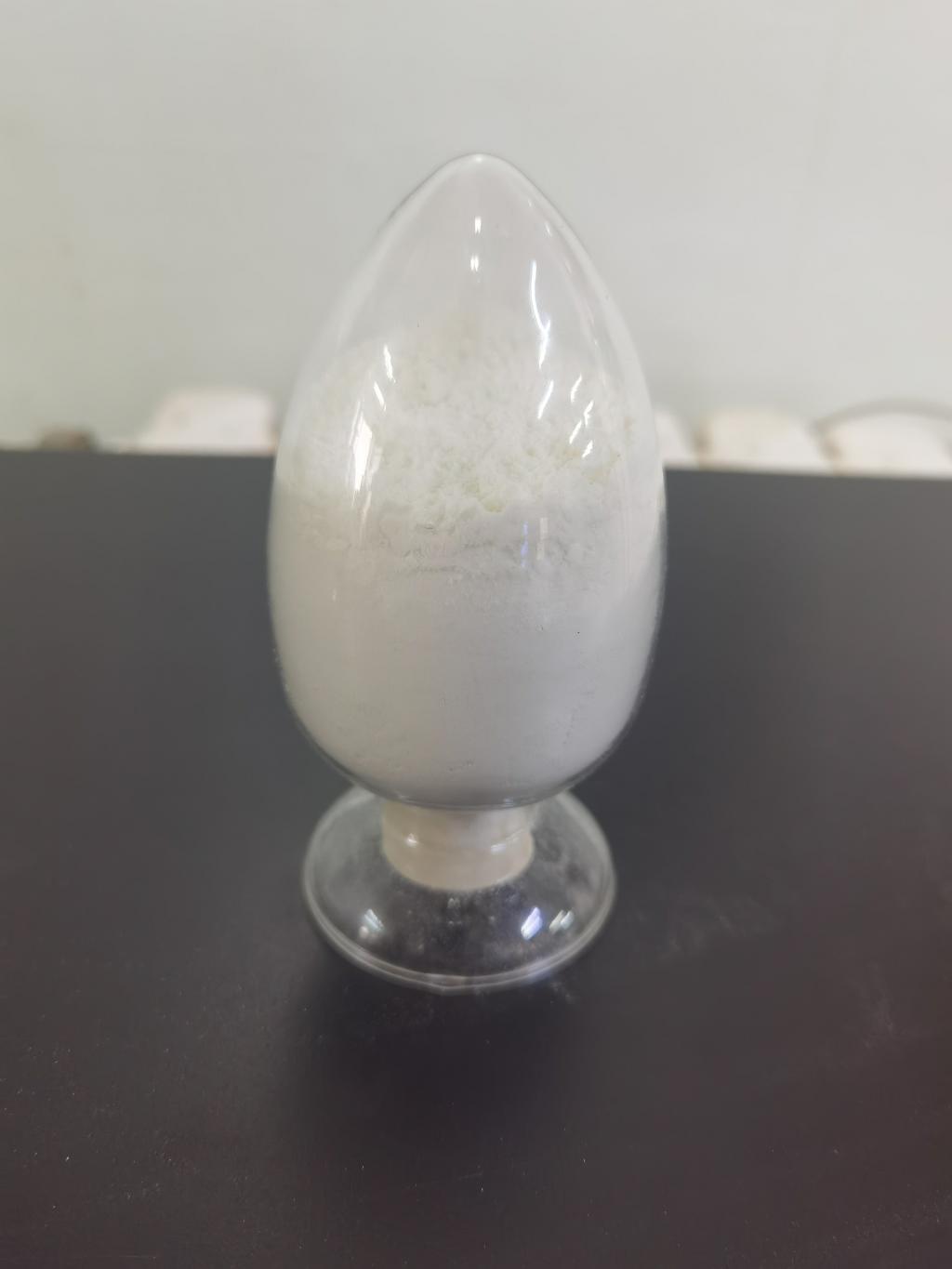Tel:0086 18231198596

News
Research is underway to explore the immunomodulatory properties of ε-Polylysine hydrochloride.
TIME:2024-03-18
Understanding ε-Polylysine Hydrochloride:
ε-Polylysine hydrochloride is a biopolymer derived from the fermentation of Streptomyces albulus. Composed of multiple lysine residues linked together, it exhibits antimicrobial activity against a broad spectrum of bacteria, fungi, and yeasts. ε-Polylysine hydrochloride is widely recognized as safe for human consumption and has been approved for various applications, including food preservation and pharmaceutical formulations. Its safety profile and biocompatibility make it an attractive candidate for exploring therapeutic uses beyond its traditional antimicrobial role.
Immunomodulatory Potential of ε-Polylysine Hydrochloride:
Recent studies have suggested that ε-Polylysine hydrochloride may exert immunomodulatory effects by modulating the activity of immune cells and cytokines. In vitro and in vivo experiments have demonstrated that ε-Polylysine hydrochloride can stimulate immune responses, including the production of pro-inflammatory cytokines and activation of immune cells such as macrophages and lymphocytes. These findings suggest that ε-Polylysine hydrochloride has the potential to modulate the immune system's function, making it a promising candidate for therapeutic applications in conditions characterized by dysregulated immune responses.
Therapeutic Applications:
The immunomodulatory properties of ε-Polylysine hydrochloride hold promise for a range of therapeutic applications across various medical fields. In the context of infectious diseases, ε-Polylysine hydrochloride may augment the immune response against pathogens, enhancing the body's ability to fight infections. Additionally, ε-Polylysine hydrochloride could be explored as an adjuvant therapy for cancer treatment, where it may help boost anti-tumor immune responses and improve the efficacy of immunotherapy. Moreover, ε-Polylysine hydrochloride may find applications in autoimmune and inflammatory disorders, where it could help regulate aberrant immune responses and mitigate disease progression.
Mechanisms of Action:
The precise mechanisms underlying the immunomodulatory effects of ε-Polylysine hydrochloride are still being elucidated. Current research suggests that ε-Polylysine hydrochloride may interact with immune cells and signaling pathways involved in the regulation of immune responses. By modulating cytokine production, cell signaling, and immune cell activation, ε-Polylysine hydrochloride may exert its immunomodulatory effects and influence the outcome of immune-mediated processes. Further studies are needed to unravel the specific mechanisms by which ε-Polylysine hydrochloride interacts with the immune system and to optimize its therapeutic potential.
Challenges and Future Directions:
While the immunomodulatory properties of ε-Polylysine hydrochloride hold promise for therapeutic applications, several challenges must be addressed. These include elucidating its mechanisms of action, optimizing dosing regimens, and ensuring safety and efficacy in clinical settings. Additionally, the development of ε-Polylysine hydrochloride-based therapies will require rigorous preclinical and clinical evaluation to assess their therapeutic potential and establish their safety profiles. Collaborative efforts between researchers, clinicians, and pharmaceutical companies will be essential to advance the development of ε-Polylysine hydrochloride-based immunomodulatory therapies.
Conclusion:
The exploration of ε-Polylysine hydrochloride's immunomodulatory properties represents a promising avenue for therapeutic innovation. From infectious diseases to cancer and autoimmune disorders, ε-Polylysine hydrochloride holds potential for modulating immune responses and improving patient outcomes. While challenges remain, continued research and development efforts will pave the way for the translation of ε-Polylysine hydrochloride-based therapies from the laboratory to the clinic, offering new treatment options for a range of immune-related conditions.

 CONTACT
CONTACT




